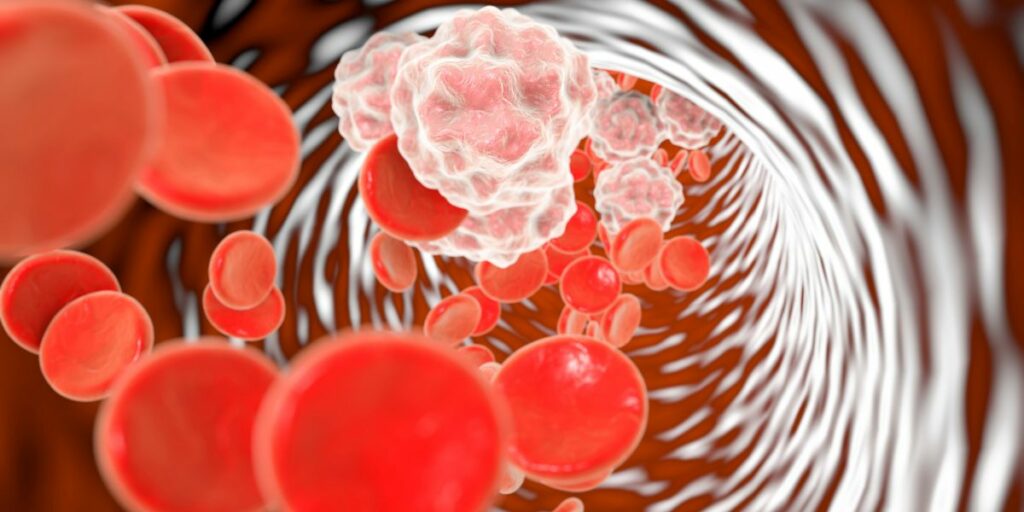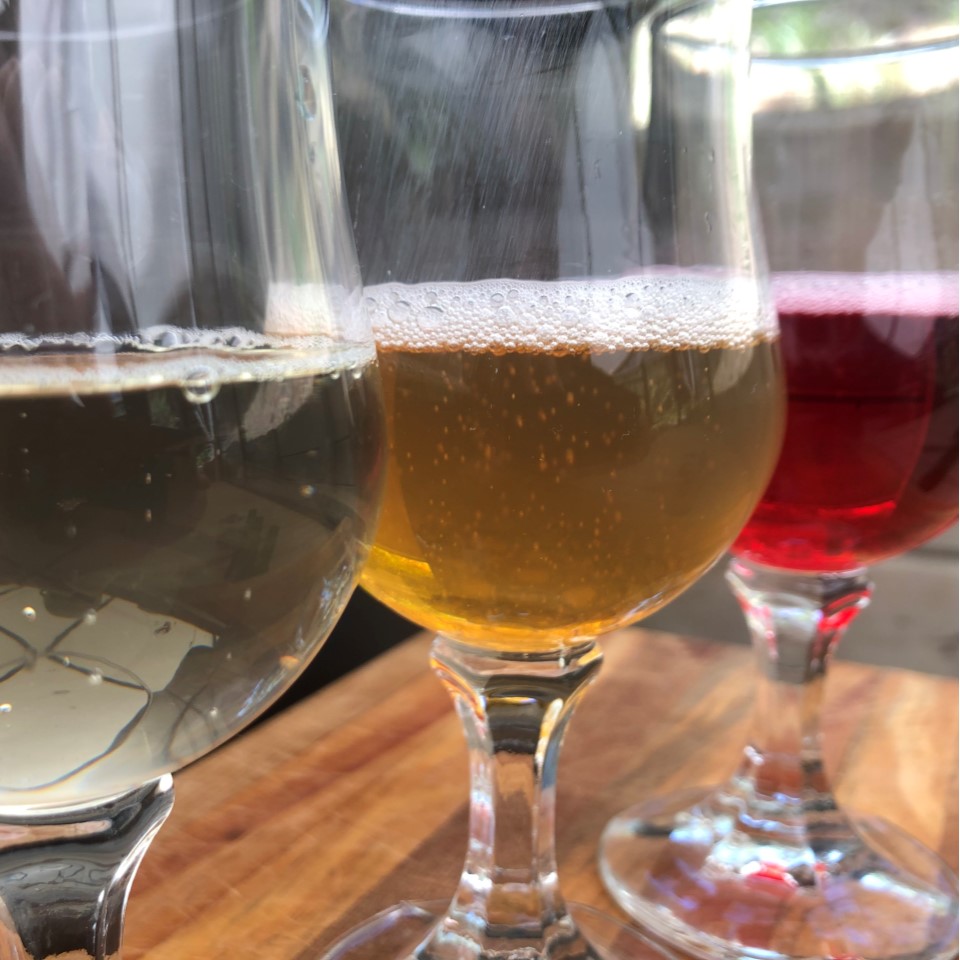Naturopath and Kombucha City founder Gail Matthew looks at who is at most risk of chronic inflammation, common symptoms and how we can stop it harming our health.
What is inflammation?
Sometimes you hear inflammation described as the body’s response to an injury, allergy, or infection, causing redness, warmth, pain, swelling, and limitation of function. But this acute inflammation is only one type of inflammation, and although it doesn’t sound pleasant, it is actually a good thing. Its role is to fend off foreign invaders and deal to injuries, bringing an army of white blood cells to fight infection and help you heal. Acute inflammation comes on suddenly, lasts a few days or weeks and settles down once the injury or infection is under control.
The inflammation that you need to worry about is chronic inflammation. It can develop without injury or illness, last a lifetime, and causes harm rather than healing.

Some of the factors that put us more at risk for chronic inflammation include:
- Autoimmune disorders, such as lupus, where your body attacks healthy tissue
- Exposure to toxins, such as pollution or industrial chemicals.
- Experiencing chronic stress
- Eating a diet high in added sugars, refined carbohydrates, processed or fried foods and unhealthy fats.
- Drinking alcohol to excess
- Smoking
- Being overweight
- Ageing – this puts us at risk of increased chronic inflammation, possibly due to a lifetime’s exposure to pollutants and toxins, or an increase in visceral (belly) fat
- Having irregular sleep patterns
- An inactive lifestyle
Why is chronic inflammation so bad?
When you’re living with chronic inflammation, your body’s inflammatory response can eventually start damaging healthy cells, tissues, and organs. Over time, this can lead to DNA damage, tissue death, and internal scarring.
All of these are linked to the development of several diseases, including:
- Cancer
- Heart disease
- Rheumatoid arthritis
- Type 2 diabetes
- Obesity
- Asthma
- Cognitive decline and dementia (in older adults)

How will I know if I have chronic inflammation?
There are many symptoms that can be a sign your body is struggling with chronic inflammation. But these can also indicate other health issues so talk to your doctor or a health professional to rule out other causes.
- Ongoing fatigue
- Body pain
- Depression or anxiety
- Gastrointestinal issues (diarrhoea or constipation)
- Weight gain
- Unexplained weight loss
- Persistent or reoccurring infections
- Insulin resistance
- Skin issues
How can I prevent chronic inflammation?

1. Address your stress levels. You could try yoga, mindfulness meditation or journaling. Make sure you take regular holidays and time out to do things you enjoy.
2. Drink kombucha. Because kombucha is fermented, it contains a large number of probiotics. Probiotics improve your gut-health by supporting healthy bacteria. These bacteria can help with digestion, inflammation and weight loss. Kombucha can also help control your blood sugar, which can be a factor in inflammation, and it’s high in antioxidants (we know exposure to toxins can cause inflammation). Kc Kombucha is made with green tea which contains epigallocatechin-3-gallate (EGCG) – studies have shown that this prevents cellular damage and protects the body from anti-inflammatory responses.


3. Get a massage or acupuncture treatment. Research suggests that both massage and acupuncture can help reduce inflammation. They can also act as pain relief which is a bonus.
4. Avoid smoking and drink alcohol in moderation. The Ministry of Health advice is no more than two standard drinks a day for women and no more than 10 standard drinks a week, and no more than three standard drinks a day for men and no more than 15 standard drinks a week. Everyone should aim for at least two alcohol-free days every week.


5. Move it! Regular exercise (at least three to five times a week) not only helps keep you strong and fit – studies show it also reduces inflammation.
6. Opt for anti-inflammatory foods. The Mediterranean diet includes many foods with anti-inflammatory properties, including oily fish (salmon, sardines), colourful produce (including plenty of green vegetables), whole grains and healthy fats. Reduce the amount of red meat you eat.


7. Maintain a healthy stable weight. If you are overweight, losing weight is the single most effective method of reducing chronic inflammation, but it’s also important you don’t yo yo diet, constantly losing weight, then putting it back on.
8. Supplements. Some supplements may help reduce inflammation. Fish oil, lipoic acid, and curcumin have all been linked to decreased inflammation — although more studies need to be done, especially around fish oil, to say for sure. Spices that may help include ginger, garlic, and cayenne, but again, more research needs to be done.

Anything you can do to reduce levels of inflammation in your body will leave you feeling better and ready to tackle what a new year will bring.
Hi, I'm Gail Matthew, Founder and Creator of Kombucha City and Kc Kombucha drinks. As a qualified naturopath and medical herbalist, I know what needs to go into our bodies in order for them to function at their best. I spent years overcoming Chronic Fatigue Syndrome and and I want to build a positive community of health conscious kombucha lovers, who are committed to putting their health first!


